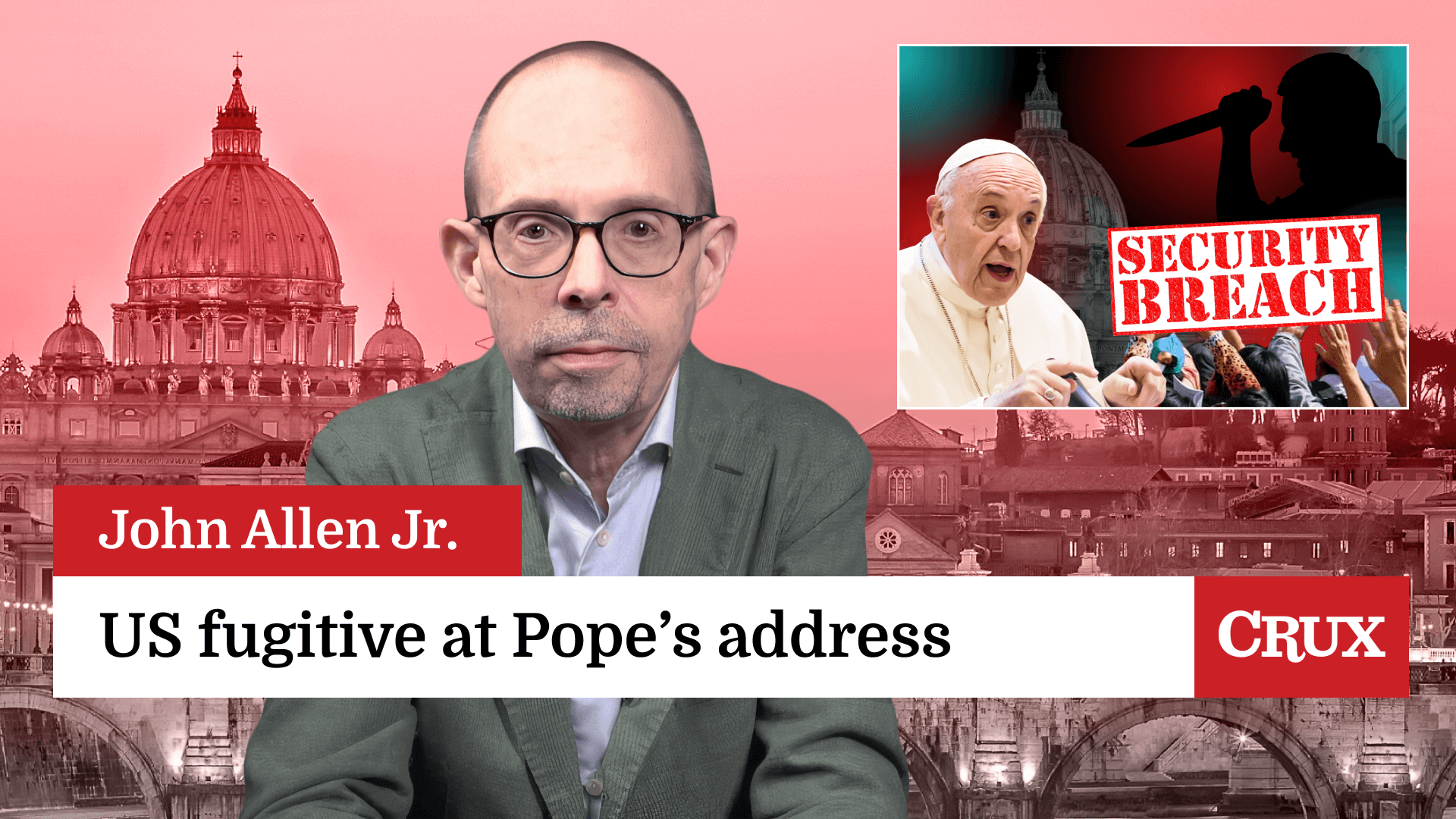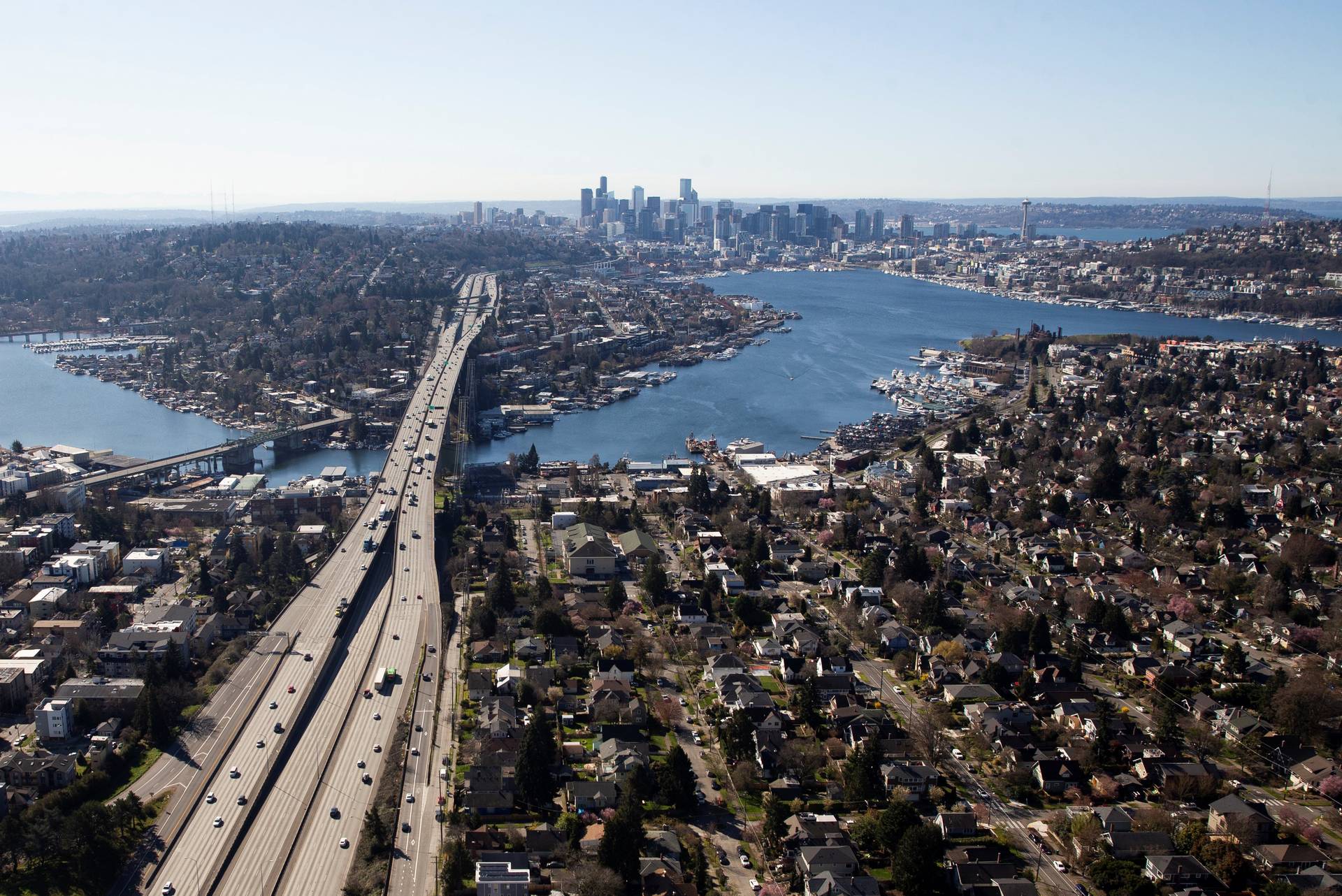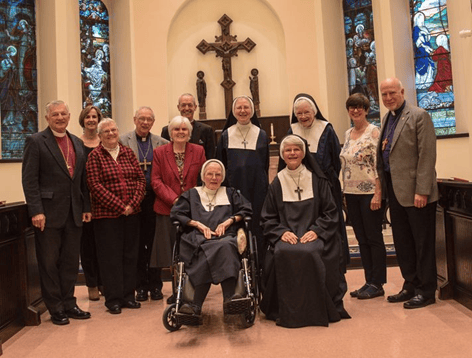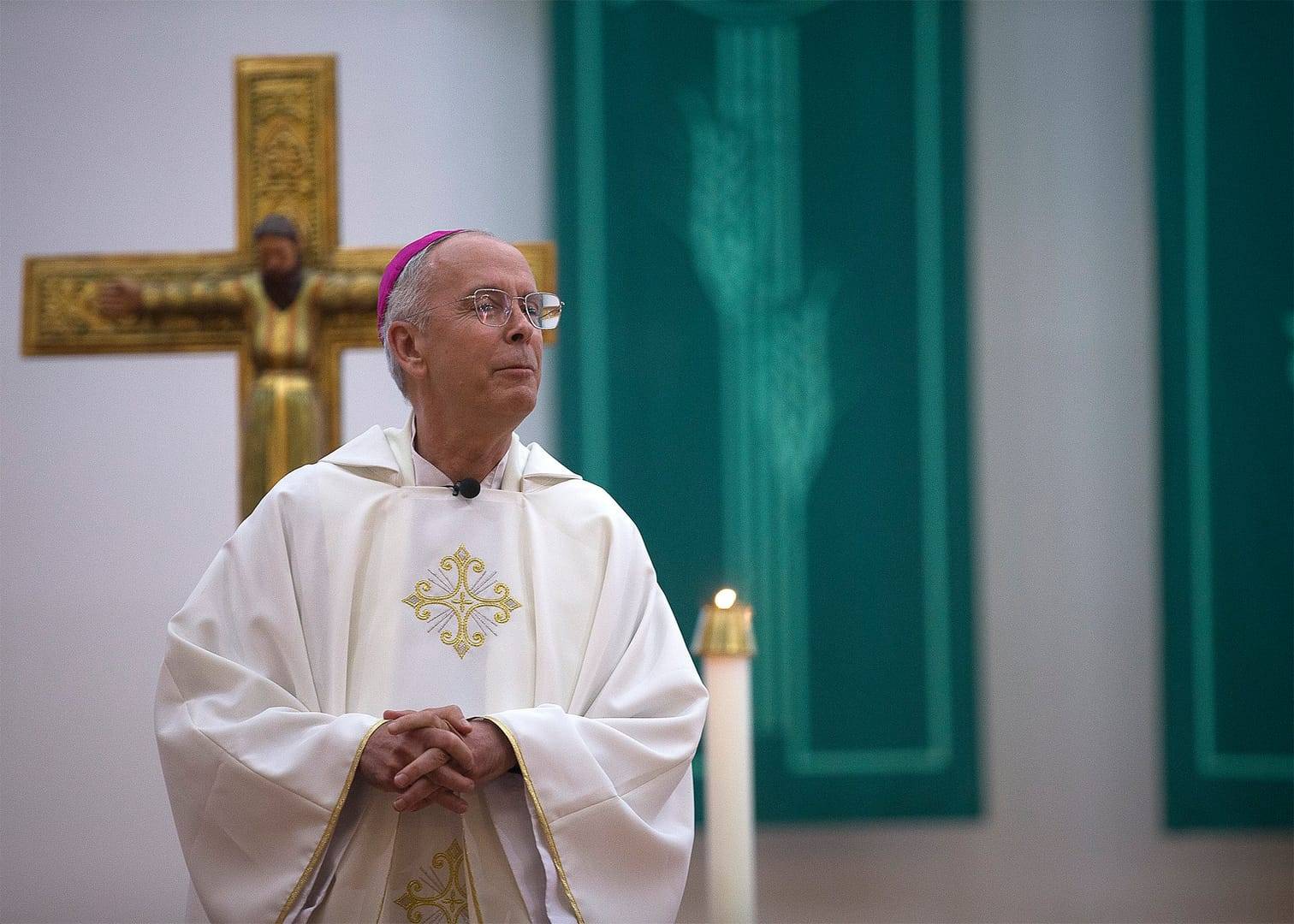WASHINGTON, D.C. — The Archdiocese of Seattle has issued a second statement confirming that a priest did not bless the medically assisted suicide of a parishioner. The Aug. 29 statement attempts to clear up confusion and misinformation that ensued following a story by The Associated Press about Robert Fuller, who died May 10 after injecting himself with a lethal dose of liquids designed to end his life.
The story published the week of Aug. 26 focused on Washington state’s assisted suicide law and how Fuller used it to end his life after being diagnosed with an aggressive form of cancer. Fuller had allowed various news agencies to document his last days and on one occasion, one agency followed him to Mass where he asked for a blessing at a Catholic parish he attended. That’s when the photo was snapped.
Attacks and accusations quickly spread online in late August after the AP story was published and some used the photo to say that the priest was blessing and condoning Fuller’s suicide plan. They also attacked and blamed the priest’s religious order, the Society of Jesus, implying that it condoned such actions.
The archdiocese’s first statement on the matter on Aug. 27 explained that the celebrant at Mass the morning that the photo was taken was a visiting priest and he had been told Fuller was dying and wanted the blessing of the faith community.
“We looked into this and can confirm that the priest who did the blessing did not know about Mr. Fuller’s intentions,” said the archdiocese in the Aug. 29 statement. “The blessing was done after Mass by the priest whose interest was to bring comfort to someone he learned was dying.”
The archdiocese also explained that the Church does not condone suicide in any form. Official Catholic teaching respects circumstances in which a patient may refuse treatment but rejects any form of euthanasia or assisted suicide. The Catholic Church speaks out and lobbies against the type of law that Fuller used to ask the medical community in Washington state for the lethal cocktail he injected into his feeding tube. The AP photo mentioned that fact in the photo’s caption but added that St. Therese, where the photo was taken, “is known for accommodating a range of beliefs.”
However, the pastor of Seattle’s St. Therese Parish did not condone what Fuller intended to do after he found out about it, talked to the 75-year-old, “discussed the gift of life and tried to convince him to change his mind,” the archdiocese said in the statement.
“He made it clear that neither he nor the parish could support his plan to take his own life,” the archdiocese said. “Once it was clear that Mr. Fuller was not going to change his mind, the pastor reached out to his leadership to discuss the situation.”
The pastor was not at the church on the Sunday the photo was taken because he was celebrating Mass at his second parish, the archdiocese said, but he later faced a dilemma about how to pastorally tend to Fuller given that he wanted to discuss plans for a funeral.
Seattle Archbishop J. Peter Sartain spoke with him and “agreed that it is the Church’s responsibility to pastorally care for those who mourn,” the statement said.
“With this in mind, he gave permission for the funeral with certain conditions to ensure there was no endorsement or other perceived support for the way in which Mr. Fuller ended his life. The purpose of the funeral was to pray for his soul and bring comfort and consolation to those who mourned,” the statement continued.
Though many in the parish seemed to know about Fuller’s plans, in an interview with America magazine published Aug. 30, Jesuit Father Quentin Dupont, the priest in the photo, made it clear that he did not know. He said he helps the parish sometimes once a month as a “supply priest,” and only found out about Fuller’s intentions during a social hour after the blessing. He recalled meeting Fuller on one prior occasion during a parish social hour and said hello to him, but did not have any ongoing relationship with him, he said.
“The moment I learned about his intentions, I was completely stunned. I was shocked; and I was just really, really puzzled. I remain very puzzled,” Dupont told America magazine.
He said the last few days have been difficult because of the confusion and insinuations of others.
“I certainly have no desire to question the Church’s teaching on the sanctity of life. I believe that life is a gift. I believe that it is a gift from God and an opportunity every day to learn from God and love as God is trying to teach us to love though scriptures and the examples of Christ and the saints,” Dupont said. “I feel terrible that there is an insinuation that I, or a member of the clergy or religious order or this archdiocese, would think otherwise or would make a public statement otherwise.”
Though the archdiocese has done its best to explain the situation, he said he feels “absolutely terrible” about the confusion and is shocked at how it unfolded and what has been said. Some have suggested that he is the Jesuit pastor the ailing Fuller mentioned in a Facebook post where he said: “I have absolutely no reservations about what I am doing. And my pastor/sponsor has given me his blessings. And he’s a Jesuit!!!”
But the pastor of St. Therese, the parish Fuller attended, is Father Maurice Mamba and he is not a Jesuit. When America asked Dupont if he is the “pastor” referenced, he said, “absolutely not.”
He said he has done his best to clarify what he knows but it has been turned into a situation to “cause confusion and I absolutely dislike that.”
Crux is dedicated to smart, wired and independent reporting on the Vatican and worldwide Catholic Church. That kind of reporting doesn’t come cheap, and we need your support. You can help Crux by giving a small amount monthly, or with a onetime gift. Please remember, Crux is a for-profit organization, so contributions are not tax-deductible.


















